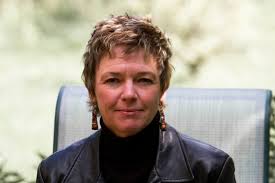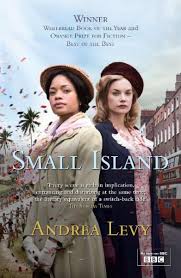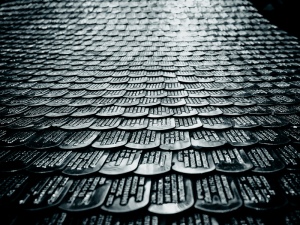The world is full of glorious novelists who don’t appear on best-seller lists or magazine covers, who support themselves with other work while they quietly produce their gifts to the universe. I think Brenda K. Marshall is one of these.
Gifts to the universe
She teaches at the University of Michigan, and her first book was a work of pedagogy called Teaching the Postmodern. Then she moved to fiction with her first novel, Mavis, published in 1996.
But I didn’t discover Brenda Marshall until 2010 when a member of my book group, who was friends with Marshall and also taught at Michigan, suggested we read Marshall’s latest novel, Dakota, Or What’s a Heaven For? The book was a revelation.
The violent birthing of a state
In the novel, two educated young women from Philadelphia move with their families to the Dakota territories in the sod-busting, homesteading years before Dakota become a state (much less two). One woman is in love with the other, and marries the brother of the woman she loves so they can stay close. The deft, confident narrative swoops from this woman to a young girl from Norway to an old politician who describes himself as “pretty close to honest,” to a rapacious profiteer. If you read the introductory chapter you’ll get a good sense of the novel: smart, witty, and fresh.
Marshall brings the reader inside the experience of the violent birthing of a state. You see the bleak, majestic prairies, the families struggling to stay clean in their houses made of earth, the women trying to tame this new world and their own hungers, the men whose only language is money, making back room deals that will ruin families and futures they care nothing about.
She doesn’t shy away from the harsh realities of the frontier experience, giving her lively attention to the brutality faced by Indians and immigrants alike, the venality of the men who carved up the country for their own benefit, and the suffocating, inescapable power that men held over women who had no right to call anything their own.
“A secret is a story we keep to ourselves.”
The characters are engaging, from sharp, energetic Frances with her hopeless love for her sister-in-law to a camp cook who hides more than one secret. In fact, many people in the novel have secrets they hold close. What’s a frontier for, if not to reinvent yourself?
“A secret is a story we want to keep to ourselves,” Brenda K. Marshall said in an interview on The News in Books blog. “A story doesn’t have to be true to be powerful. If you tell a story enough about yourself, you can convince yourself that it’s true.”








